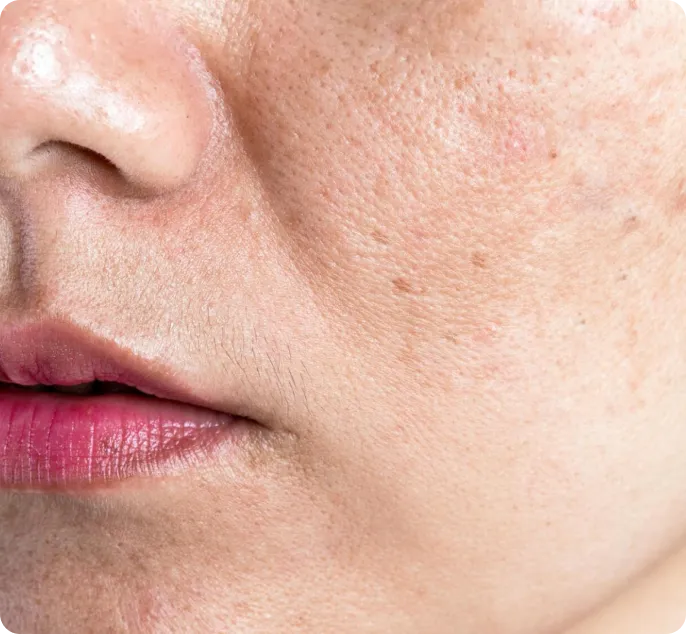

Alopecia (Hair Loss): Types, Causes & Management Options
The medical term for hair loss is alopecia. A study identified that almost 58% of men between 30 and 50 years suffer from some form of alopecia. 12% of women between 20 and 29 years of age experience hair loss. Hereditary or genetic factors are the primary reasons for hair loss. With the recent advancements in trichology, doctors can now prevent balding.